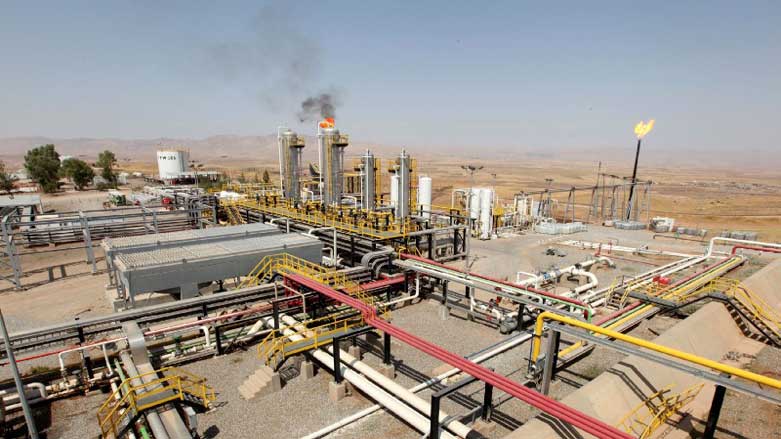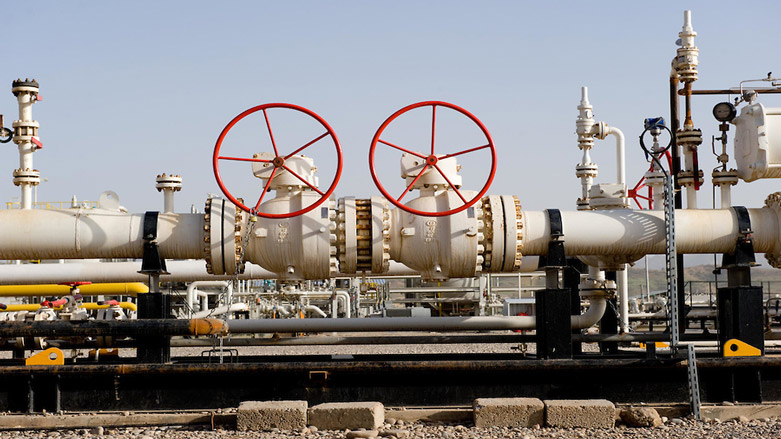Too soon to write off Kurdistan’s oil fields: Analyst

ERBIL, Kurdistan Region (Kurdistan24) – Following the second downgrade of Genel’s Taq Taq field in the Kurdistan Region in March, which sent its shares tumbling, evidence suggests it is too early to write off the emerging oil province.
Amid gathering anxiety over a region already struggling with weak crude prices and escalating costs to fight militants, improving prospects elsewhere in Kurdistan have been ignored.
While Genel Energy Plc cut its reserves estimates in its Taq Taq field near Kirkuk city, DNO doubled the number of wells planned for 2017 at its Tawke field in May.
Meanwhile, competitor WesternZagros Resources Ltd. increased its reserve estimates in March.
“The Taq Taq story is very unfortunate, it has hurt us all,” said Simon Hatfield, chief executive officer of Calgary-based WesternZagros.
“Everybody thinks: on top of above-ground risk; now there’s below-ground risk too,” Hatfield continued.
“But it’s not the same everywhere in Kurdistan,” he assured.
Drilling development in the Kurdistan Region remains in its early phases. Major projects did not begin until the 2000s, and the geology is still being studied meaning the region has yet to reach its full potential.
According to Michael Knights, an analyst at the Washington Institute, Taq Taq’s problems aren’t replicated across the Region.
“The Taq Taq downgrade is clearly a blow, but they’re increasing oil production in other places that will offset a lot of the declines,” Knights said in an interview with Bloomberg, citing the forthcoming start of Abu Dhabi National Energy Co.’s Atrush field.
No other Kurdish field has been downgraded on the magnitude of Taq Taq said Lynn Morris-Akinyemi, an analyst at Wood Mackenzie Ltd.
“We can’t write off Kurdistan just on one field,” she said in an interview. “We need to see a clear pattern of this happening.”
Conversely, Consultant Rystad Energy AS expects Kurdish oil production to increase over 10 percent this year to 602,000 barrels per day.
The analyst added the Kurdistan Regional Government (KRG) has a similar history as any part of the world. “Some of them are successes, some disappointments, that’s normal,” she stated.
Oil will continue to dominate in Kurdistan, according to Rystad analyst Espen Erlingsen, who said “long-term” output could reach about 800,000 barrels per day.
The KRG’s plan to make 20 more oil blocks available this year will test the region’s ability to lure more investors.
Exploiting natural resources is important to the economy of Kurdistan as it has led the fight against the Islamic State since 2014.
Editing by Karzan Sulaivany

.png)
